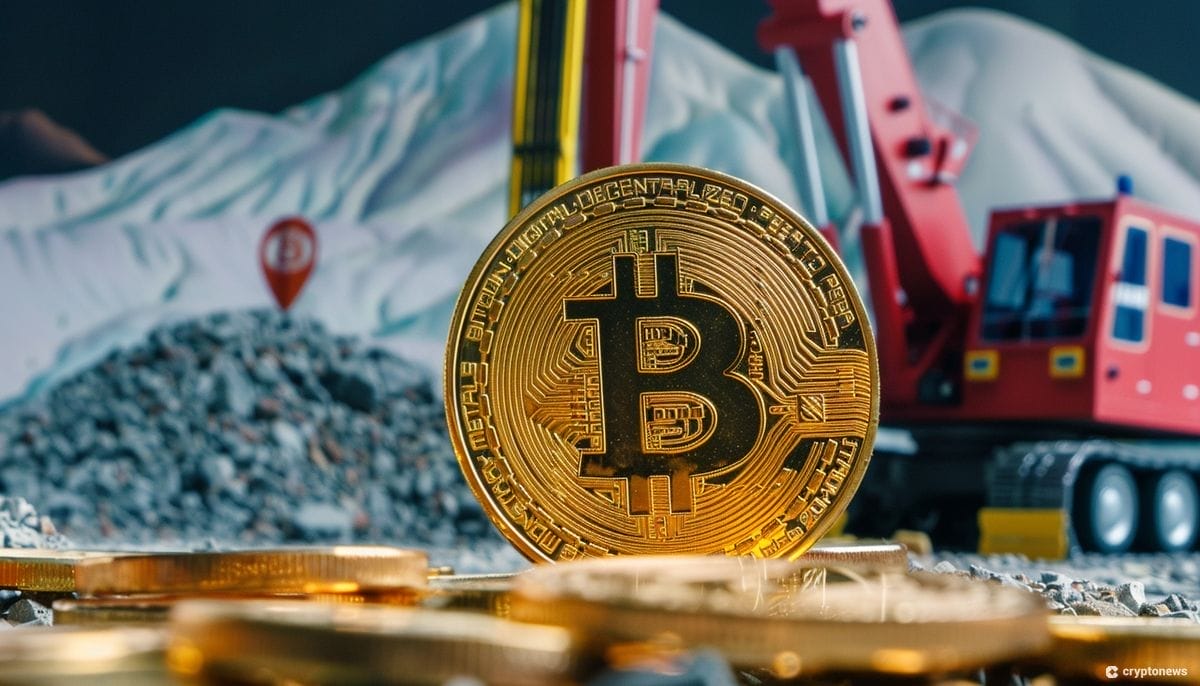Authorities in Thailand recently cracked down on an illegal Bitcoin mining operation in Ratchaburi, a town west of Bangkok, following complaints from residents about recurring power outages. The raid, which occurred on August 23, was initiated after a month-long investigation by the Provincial Electricity Authority (PEA) in collaboration with local police. The investigation revealed a significant power drain traced back to a single house in the area, which was found to be the center of a large-scale Bitcoin mining operation. Despite the abnormally high electricity consumption, the payments made for the electricity were suspiciously low, indicating illegal siphoning of power for mining activities.
The equipment for the illegal mining operation was installed by a company that rented the house for about four months, coinciding with the period when the area experienced severe power outages. Although no arrests were made during the raid, authorities believe the operators fled upon realizing their activities had drawn law enforcement’s attention. This incident highlights the increasing issue of illegal Bitcoin mining in Southeast Asia, where operators take advantage of the region’s relatively low electricity costs to conduct mining activities without paying the associated energy expenses. In Malaysia, illegal mining operations have caused substantial economic losses, prompting authorities to take severe measures, including the destruction of confiscated Bitcoin mining rigs.
In a separate development, the Securities and Exchange Commission (SEC) of Thailand recently updated the criteria for investing in digital tokens, easing some restrictions to facilitate investment in the digital asset space. The SEC Committee approved principles for improving investment criteria and related criteria for digital asset business operations, aiming to establish effective investor protection mechanisms while considering the risks associated with digital assets. The commission lifted investment restrictions for retail investors on digital tokens backed by real estate or generating real estate income streams (real estate-backed ICOs) and digital tokens with infrastructure operations or revenue streams (infra-backed ICOs). The SEC also reviewed the criteria for establishing custodial wallet provider businesses to offer services to digital asset business operators, further enhancing the regulatory framework for the digital asset industry in Thailand.
Furthermore, earlier this year, Thailand’s Finance Ministry announced the exemption of value-added tax (VAT) on digital asset trading, providing a long-term incentive for investors and traders in the digital asset space. The VAT exemption, effective since January 1, 2024, suspends the requirement to pay 7% VAT on income derived from cryptocurrency and digital token trading. By easing tax rules and updating investment criteria, Thai authorities aim to create a conducive environment for the growth and development of the digital asset industry in the country. These regulatory updates and crackdowns on illegal activities demonstrate Thailand’s commitment to promoting responsible and legitimate participation in the digital asset market while safeguarding investor interests and maintaining regulatory integrity.
Overall, the recent enforcement actions against illegal Bitcoin mining operations in Thailand underscore the challenges posed by unauthorized cryptocurrency activities in the region. By collaborating with relevant authorities and implementing stricter measures, Thailand seeks to deter illicit practices and ensure compliance with regulatory standards in the digital asset sector. Furthermore, the updates to investment criteria and tax rules by the SEC and Finance Ministry signal a proactive approach to fostering a transparent and secure environment for digital asset investors and businesses in Thailand. As the digital asset industry continues to evolve, regulatory frameworks play a crucial role in safeguarding market participants and promoting sustainable growth in the sector.











